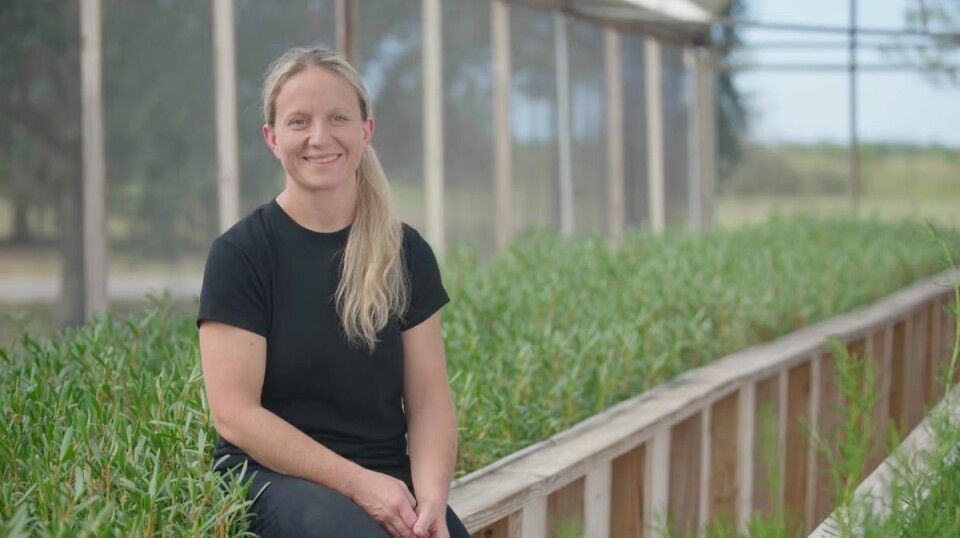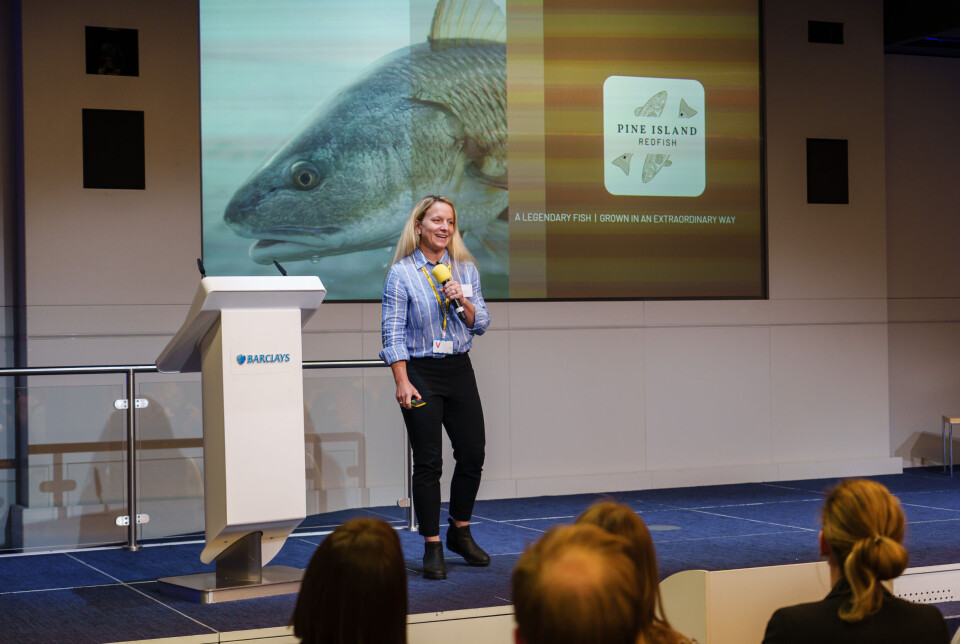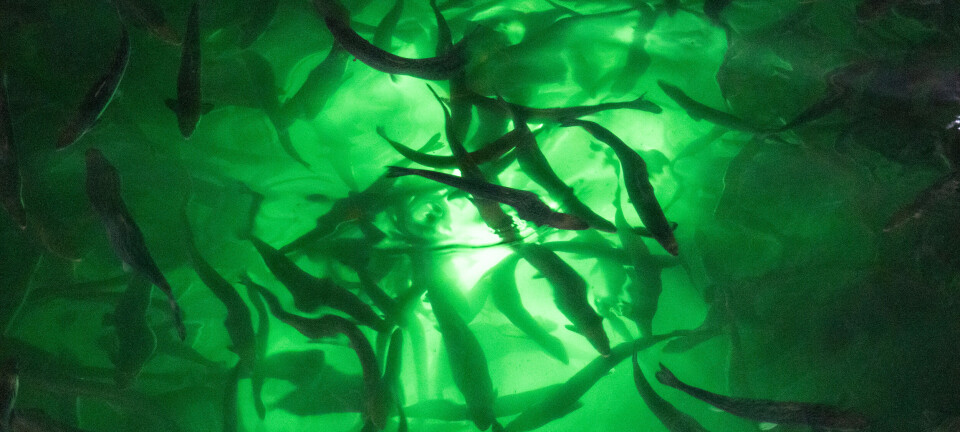
Red drum RAS ‘sited to work with the environment’
Saltwater effluent from land-based facility can be used to help nature, says Pine Island Redfish CEO
The fish farmer behind a proposed land-based facility in Florida has explained how the farm will tackle “the biggest challenge” facing RAS (recirculating aquaculture system) operators: how the deal with fish waste.
“Rather than having nutrient-rich saltwater effluent leaving the site, we create a super-fertiliser to cultivate salt-loving and climate stabilising plants and allow our seawater to percolate back into the saltwater table. This speaks to siting RAS in a way that works in harmony with the environmental conditions but also addresses the helping hand Mother Nature needs,” said Megan Sorby, co-founder and chief executive of Pine Island Redfish.
The company intends to initially produce between 600 and 800 tonnes of red drum (Sciaenops ocellatus) annually on a 150-acre site on Pine Island, off Florida’s southwest coast. It will scale up to 1,500 tonnes.
Stabilising the shorelines
The waste from the fish will be captured and used in the production of halophytic plants such as purslane, an edible halophyte native to Florida, and red mangrove, integral to stabilisation of shorelines and carbon sequestration.
Fish waste is already being used in this way at an aquaculture park in Sarasota, north of Pine Island, where Pine Island Redfish has broodstock.
Sorby, who has a Masters in Aquaculture from Stirling University in Scotland, outlined Pine Island Redfish’s plans to potential investors at Barclay’s Bank in Canary Wharf, London, last Friday at the final event of an eight-week regenerative farming accelerator programme run by UK-based environmental consultancy Bright Tide.

Pine Island Redfish was one of 20 land and ocean-based regenerative farming start-ups chosen for Bright Tide’s accelerator programme. Other start-ups on the programme included Atlantic Mariculture, an integrated multi-trophic aquaculture (IMTA) specialist growing kelp and oysters in Loch Sunart, Scotland, and Algapelago, a UK company farming kelp four miles off the coast of North Devon.
Innovative spirit
“We were blown away by the innovative spirit and potential impact of this cohort of ventures from around the world,” said Harry Wright, founder and chief executive of Bright Tide. “Their pitches at Barclay’s on Friday highlighted the impressive progress they’ve made over the past few months, and we can’t wait to see what they accomplish next.”
Earlier in the week, she spoke to industry leaders at the Blue Food Innovation Summit, also in London.
“I was honoured to share the Pine Island Redfish story of regenerative farming and the circular economy we are creating with our unique approach to recirculating aquaculture and its effluent,” said Sorby.
Pine Island Redfish was granted the permits required for its Pine Island project in under a year, but has yet to break ground on the site.












































































